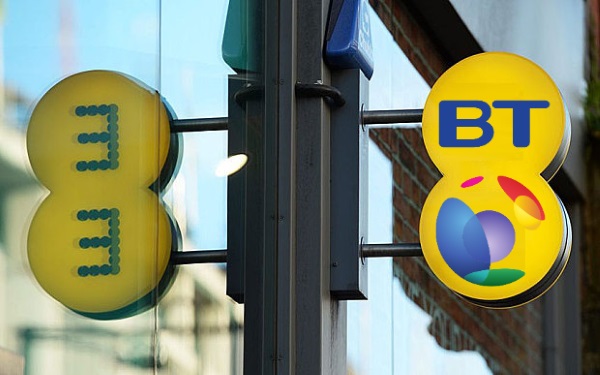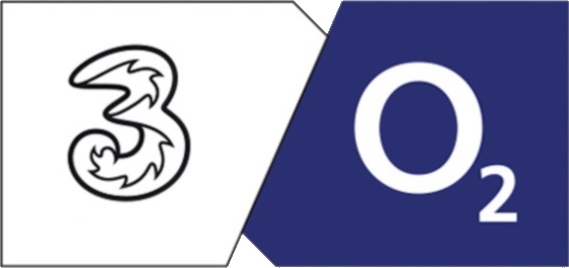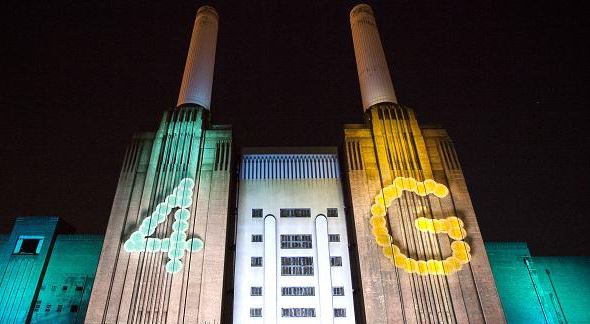BT takeover of EE given provisional clearance by CMA

BT is set to become an even more dominant player in the fixed-line phones, broadband, mobile and TV market. The proposed merger of two of the UK’s largest telecommunications companies in a £12.5bn deal which sees the BT Group in a takeover of mobile phone network EE, has been given provisional clearance by the CMA, the competition watchdog.
The Competition and Markets Authority said the deal, agreed in February, was “not expected to result in a substantial lessening of competition” and did not propose any changes in the terms of the deal.
“The group does not provisionally believe that, in a dynamic and evolving sector, it is more likely than not that BT/EE will be able to use its position to damage competition or the interests of consumers,” John Wooton, chair of the CMA inquiry, said.
The CMA said the two firms operated largely in separate areas “with BT strong in supplying fixed communications services (voice, broadband and pay TV), EE strong in supplying mobile communications services, and limited overlap between them in both categories of service”.
BT chief executive Gavin Patterson said: “The combined BT and EE will be good for the UK, providing investment and ensuring consumers and businesses can benefit from further innovation in a highly competitive market”.
The market response to the announcement was immediate as shares in BT rose 4% to 470p within hours of the announcement.Telecoms giant BT announced in February that it had agreed to acquire EE with the deal expected to be completed next March.
The takeover more than trebles BT’s retail customers adding the 10 million it already had to EE’s 24.5 million direct mobile subscribers. BT has a tight hold on broadband services in the UK, being both the most significant provider of broadband services as well as the owner of most of the broadband infrastructure in the UK through its Openreach division. It also provides the capacity to mobile operators to transfer data from phone masts to other networks.
Openreach is still an ongoing concern for BT’s competitors. They would have preferred to see Openreach removed from BT so that it could operate completely independently. This matter is currently being reviewed by UK regulator Ofcom.
The deal would allow BT to offer customers so-called quad-play packages of TV, fixed-line phone, broadband and mobile, which competitors like Virgin Media and TalkTalk already do. The approval, albeit provisional, is expected to anger competitors who see the deal allowing for the creation of a dominant player across all telecoms sectors.
Through this huge takeover, BT is acknowledging the rapid growth of mobile connectivity and the inevitability of a convergence of fixed-line and mobile broadband. The likely scenario in a few years would be that customers would subscribe to a single data connectivity package which would give them access to communication channels inside and outside their homes through a combination of wired broadband, WiFi and 4G (or 5G?).
In reality, we’d argue that BT had no choice but to do this deal to secure its own future viability.





Recent Comments